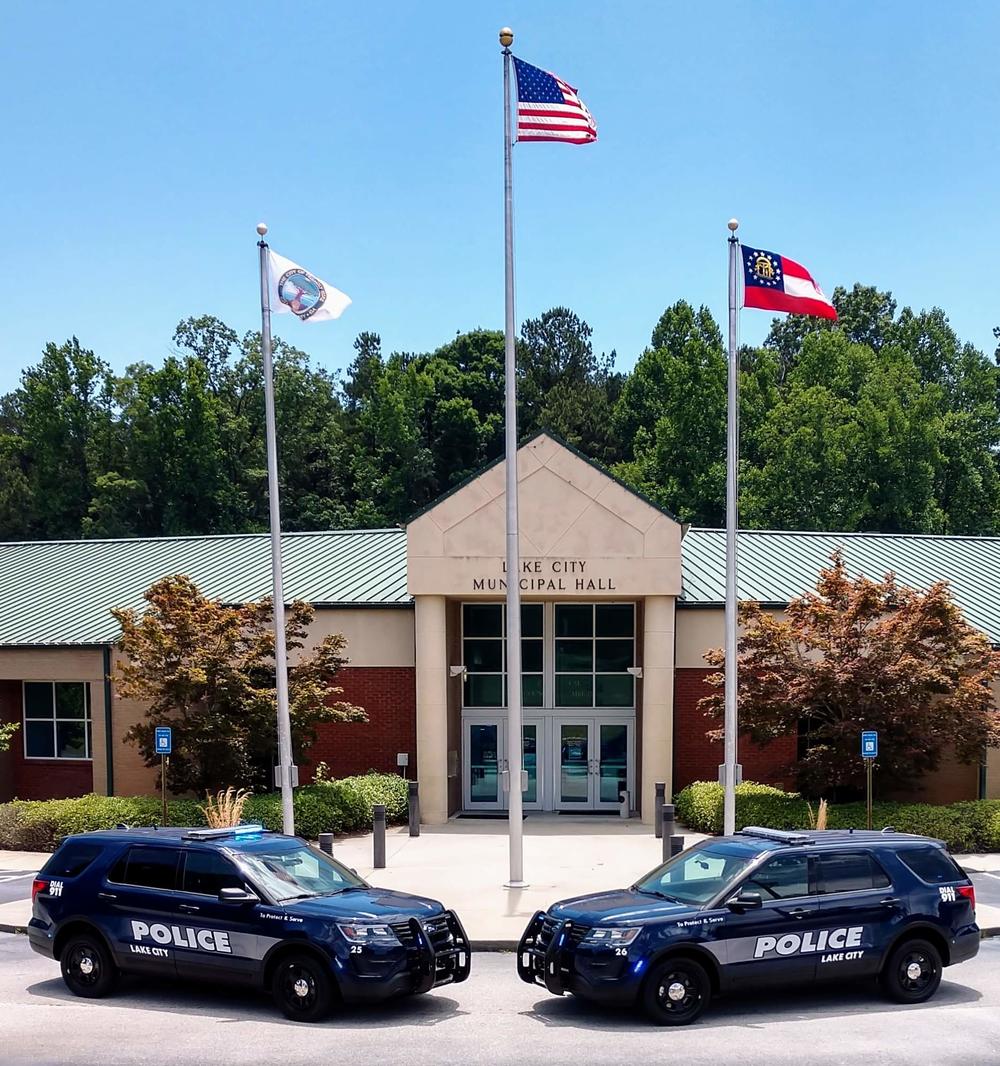
Caption
Police departments across the state are facing new challenges in the pandemic. At Lake City Police Department, two officers have died from COVID-19 in 2021 — and the disease is the leading cause of death for officers nationwide.
Credit: Lake City Police Department

